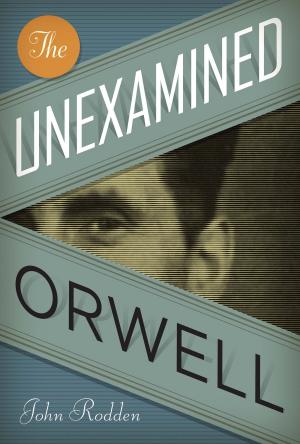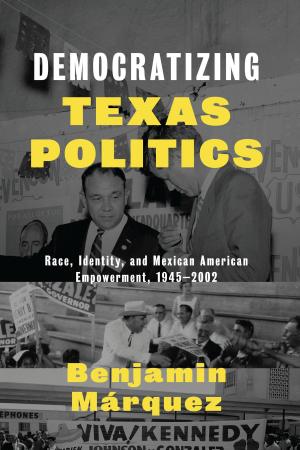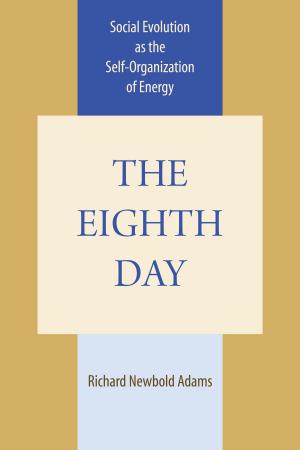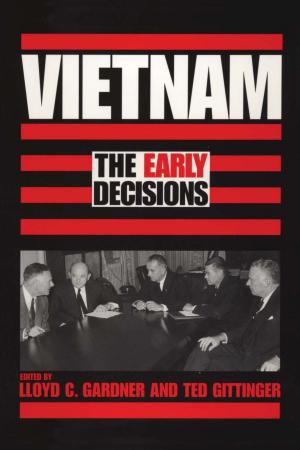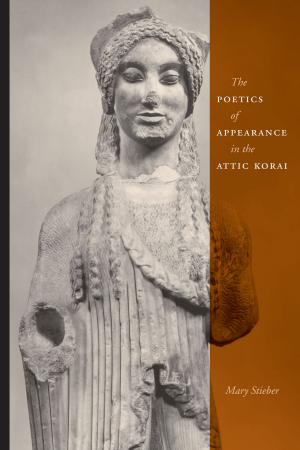| Author: | Thomas R. Cole | ISBN: | 9780292743670 |
| Publisher: | University of Texas Press | Publication: | January 1, 1997 |
| Imprint: | University of Texas Press | Language: | English |
| Author: | Thomas R. Cole |
| ISBN: | 9780292743670 |
| Publisher: | University of Texas Press |
| Publication: | January 1, 1997 |
| Imprint: | University of Texas Press |
| Language: | English |
No Color Is My Kind is an uncommon chronicle of identity, fate, and compassion as two men—one Jewish and one African American—set out to rediscover a life lost to manic depression and alcoholism. In 1984, Thomas Cole discovered Eldrewey Stearns in a Galveston psychiatric hospital. Stearns, a fifty-two-year-old black man, complained that although he felt very important, no one understood him. Over the course of the next decade, Cole and Stearns, in a tumultuous and often painful collaboration, recovered Stearns' life before his slide into madness—as a young boy in Galveston and San Augustine and as a civil rights leader and lawyer who sparked Houston's desegregation movement between 1959 and 1963. While other southern cities rocked with violence, Houston integrated its public accommodations peacefully. In these pages appear figures such as Thurgood Marshall, Martin Luther King, Jr., Leon Jaworski, and Dan Rather, all of whom—along with Stearns—maneuvered and conspired to integrate the city quickly and calmly. Weaving the tragic story of a charismatic and deeply troubled leader into the record of a major historic event, Cole also explores his emotionally charged collaboration with Stearns. Their poignant relationship sheds powerful and healing light on contemporary race relations in America, and especially on issues of power, authority, and mental illness.
No Color Is My Kind is an uncommon chronicle of identity, fate, and compassion as two men—one Jewish and one African American—set out to rediscover a life lost to manic depression and alcoholism. In 1984, Thomas Cole discovered Eldrewey Stearns in a Galveston psychiatric hospital. Stearns, a fifty-two-year-old black man, complained that although he felt very important, no one understood him. Over the course of the next decade, Cole and Stearns, in a tumultuous and often painful collaboration, recovered Stearns' life before his slide into madness—as a young boy in Galveston and San Augustine and as a civil rights leader and lawyer who sparked Houston's desegregation movement between 1959 and 1963. While other southern cities rocked with violence, Houston integrated its public accommodations peacefully. In these pages appear figures such as Thurgood Marshall, Martin Luther King, Jr., Leon Jaworski, and Dan Rather, all of whom—along with Stearns—maneuvered and conspired to integrate the city quickly and calmly. Weaving the tragic story of a charismatic and deeply troubled leader into the record of a major historic event, Cole also explores his emotionally charged collaboration with Stearns. Their poignant relationship sheds powerful and healing light on contemporary race relations in America, and especially on issues of power, authority, and mental illness.


